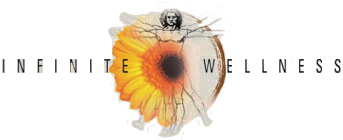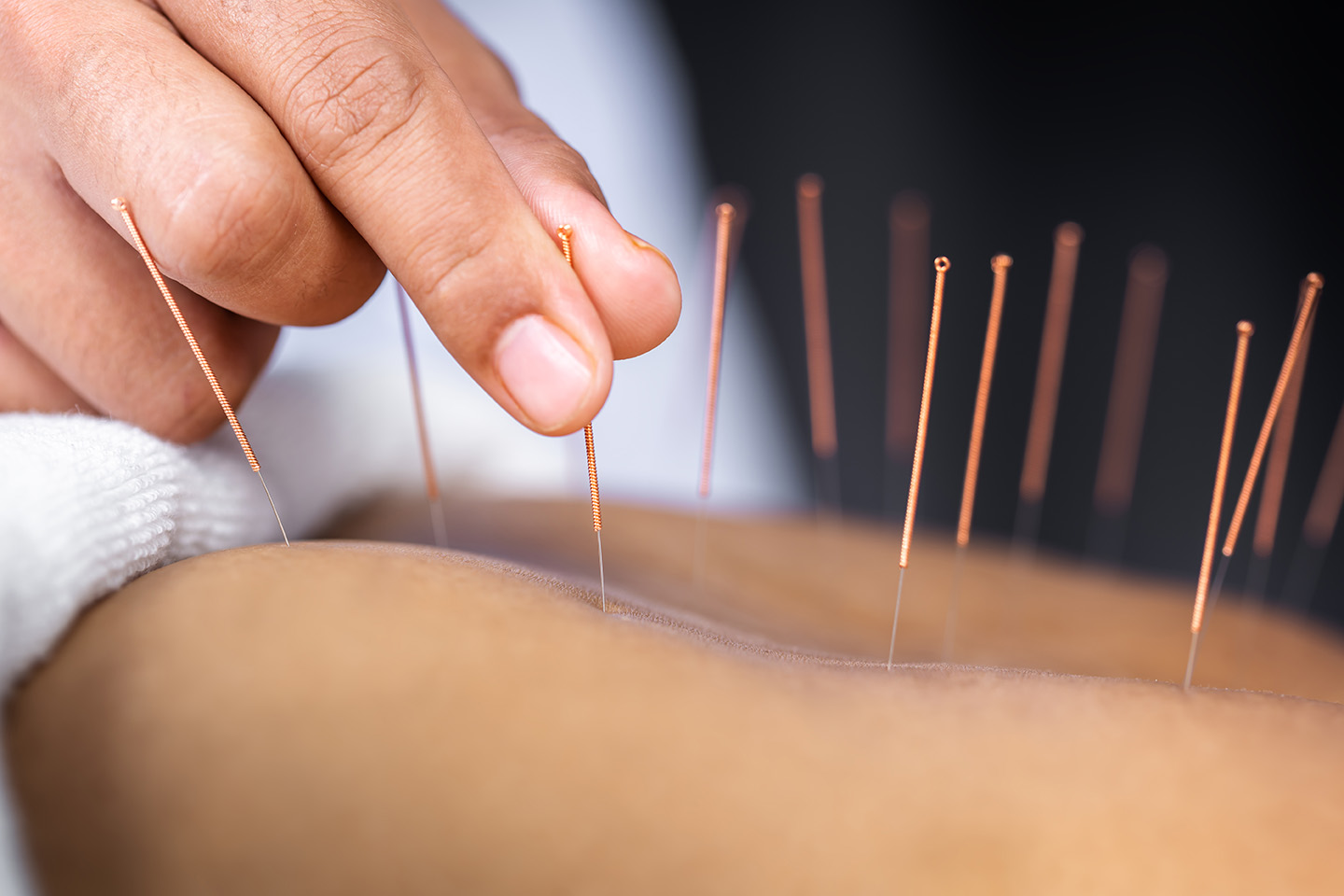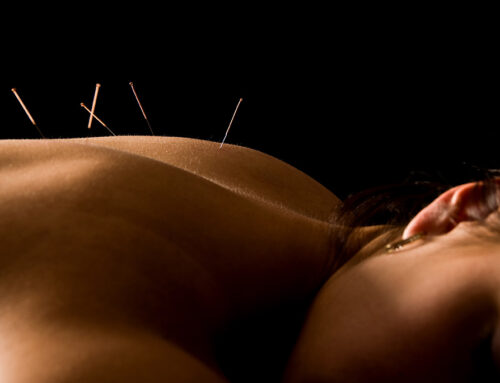When people hear the word “needle,” it’s natural for their minds to jump to unpleasant experiences, such as getting a shot at the doctor’s office or having blood drawn. Given these associations, many first-time acupuncture patients wonder if acupuncture hurts or causes pain during the session. However, acupuncture needles vastly differ from medical needles, and the experience is often much more comfortable than most expect.
This article will explore the sensations commonly associated with acupuncture, why the process is generally painless, and how the treatment can be soothing and therapeutic.
Understanding Acupuncture Needles
One key reason people fear acupuncture is a lack of understanding about the needles themselves. Acupuncture needles are not like the hollow, thick needles used for injections. Instead, they are incredibly thin, flexible, and solid. Many acupuncture needles are no thicker than a strand of human hair. This slender design is intended to minimize discomfort when inserted into the skin.
Additionally, acupuncture needles are inserted gently and at varying depths depending on the treatment area and condition being addressed. Experienced practitioners are skilled at placing the needles to reduce the risk of discomfort while maximizing therapeutic benefits.
What Does Acupuncture Feel Like?
The sensation of acupuncture varies from person to person, but most report that it is not painful. You may feel a brief, mild prick upon insertion, but this sensation often dissipates within seconds. Many individuals describe the feeling as a slight tingling, warmth, or dull pressure rather than sharp pain.
As the session progresses, patients often experience a sense of deep relaxation. This is partly due to the release of endorphins and other calming chemicals in the body triggered by the stimulation of acupuncture points. Some patients become so relaxed during the treatment that they fall asleep on the table.
Common Sensations During Acupuncture
Here are some of the most common sensations people report during acupuncture sessions:
- Tingling: A mild, electrical-like tingling sensation around the needle site is normal and often indicates that energy (known as “Qi” in traditional Chinese medicine) is being activated.
- Warmth: Some patients feel a pleasant warmth in the area where the needles are placed, which can promote relaxation and a sense of well-being.
- Heaviness or Dull Pressure: A feeling of heaviness or pressure around the needle site is also common. This is usually a sign that the acupuncture point is being effectively stimulated.
- Energy Flow: Some patients report feeling a wave-like or pulsating sensation throughout their body, which practitioners may interpret as the movement of Qi along the body’s meridians.
These sensations are typically gentle and not distressing. If any discomfort does arise, patients should immediately inform their practitioner, who can adjust the needle placement.
Why Acupuncture Shouldn’t Be Painful
Acupuncture aims to restore balance and promote healing, not to cause pain. Painful sensations during a session are uncommon, mainly when a licensed, experienced acupuncturist performs treatment. These professionals undergo extensive training to learn proper needle insertion techniques and how to select points that provide maximum benefit with minimal discomfort.
Moreover, acupuncture needles are designed with rounded tips rather than sharp edges. This allows them to glide between tissue layers rather than cutting into the skin. The gentle insertion process and thin needle design are key reasons acupuncture is typically painless.
Factors That May Affect Sensation
While acupuncture is generally comfortable, several factors can influence how it feels for each person:
- Needle Sensitivity: People susceptible to touch may feel sensations more intensely. However, this heightened sensitivity can often be managed through gentle needling techniques.
- Tension or Anxiety: Nervousness about the procedure can sometimes amplify sensations. Relaxing before and during the session can help minimize this effect. Practitioners may use calming techniques, such as guided breathing or gentle conversation, to ease anxiety.
- Acupuncture Points: Some points on the body, particularly those on the hands, feet, or face, may be more sensitive than others. However, any discomfort is usually brief and manageable.
- Health Conditions: Due to heightened nerve sensitivity, individuals with certain conditions, such as chronic pain or inflammation, may experience more pronounced sensations. Practitioners can modify their approach to accommodate these patients.
Tips for a Comfortable Experience
To ensure a positive acupuncture experience, consider the following tips:
- Communicate with Your Practitioner: Let your acupuncturist know if you feel anxious or uncomfortable. They can explain the process, answer questions, and adjust their techniques to make you more at ease.
- Breathe deeply and Relax. Deep breathing can help calm your nervous system and reduce your heightened sensitivity to needle insertion.
- Avoid Stimulants Before Your Appointment: Consuming caffeine or other stimulants can increase sensation sensitivity. Try to avoid these before your session.
- Focus on the Benefits: Remind yourself of acupuncture’s healing and relaxation benefits. Many patients report reduced stress, improved sleep, and relief from chronic pain after regular treatments.
The Role of Acupuncture in Relaxation and Healing
Rather than being a source of pain, acupuncture is often praised for its ability to induce deep relaxation. Activating acupuncture points can stimulate the body’s natural healing mechanisms, including releasing endorphins, powerful natural painkillers. These effects help create a state of balance and calm, which is particularly beneficial for those dealing with stress, anxiety, or chronic pain.
Many patients leave their sessions feeling refreshed, with greater well-being and reduced physical discomfort. Over time, regular acupuncture treatments can enhance the body’s ability to manage pain, improve circulation, and boost overall health.
If you’re considering acupuncture but are hesitant due to concerns about pain, rest assured that the procedure is designed to be gentle and therapeutic. The vast majority of patients find the experience to be comfortable, if not profoundly relaxing. By choosing a qualified practitioner and communicating openly about your concerns, you can enjoy the many benefits of acupuncture without fear of pain.



Leave A Comment